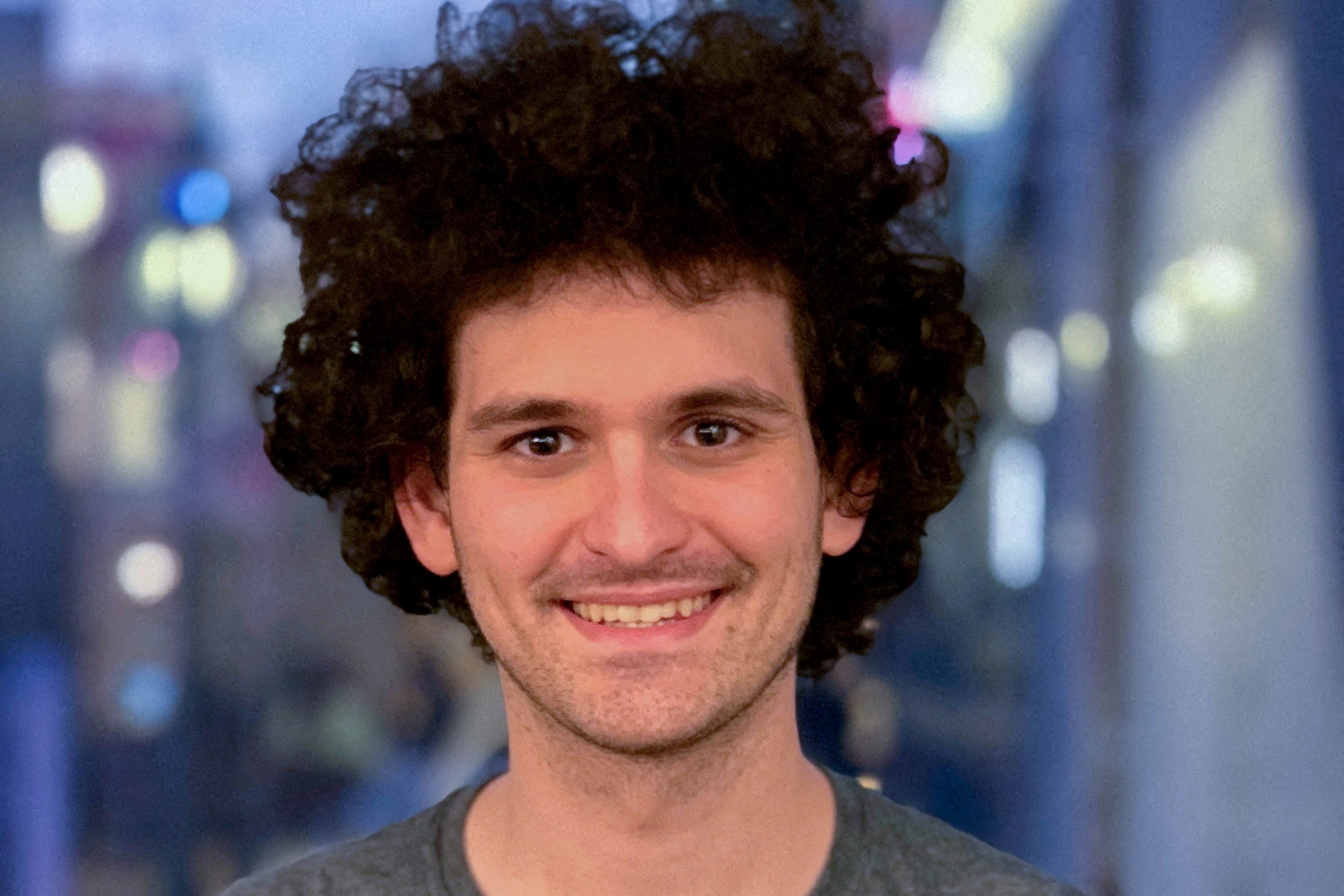Former FTX CEO Denies Villainous Portrayal, Objects to Lengthy Sentence Proposal
Sam Bankman-Fried, the former CEO of collapsed cryptocurrency exchange FTX, is pushing back against US prosecutors' proposed prison sentence of 40-50 years. Through his lawyers, Bankman-Fried argues that this harsh punishment paints an inaccurate picture, portraying him as a malicious mastermind rather than someone who made mistakes.
The lengthy sentence recommendation, submitted on March 15th, reflects the government's view of Bankman-Fried's actions as a significant contributor to the downfall of FTX and the subsequent financial losses suffered by investors. Prosecutors likely see a lengthy sentence as necessary to deter future financial crimes in the cryptocurrency industry.
However, Bankman-Fried's legal team, led by Marc Mukasey and Torrey Young, contends that the proposed sentence is excessive and "medieval" in its severity. They argue in a recent court filing that the government's portrayal of Bankman-Fried as a "depraved super-villain" is a distortion of reality.
The defense claims the government's sentencing proposal prioritizes a "loss narrative" over a fair assessment of Bankman-Fried's culpability. They suggest that the prosecutors are focusing heavily on the financial losses incurred by investors, neglecting a more nuanced evaluation of Bankman-Fried's actions.
The exact details of Bankman-Fried's defense strategy remain unclear. However, his lawyers' focus on rejecting the "depraved super-villain" label suggests they might attempt to portray him as a flawed but not malicious figure. This strategy could involve emphasizing Bankman-Fried's lack of prior criminal history and his potential for rehabilitation.
The court will ultimately decide on the appropriate sentence for Bankman-Fried. The judge will consider the arguments presented by both the prosecution and the defense, along with sentencing guidelines and relevant case law. The significant discrepancy between the proposed sentence and the defense's likely argument suggests a lengthy legal battle could be ahead.


Join the conversation